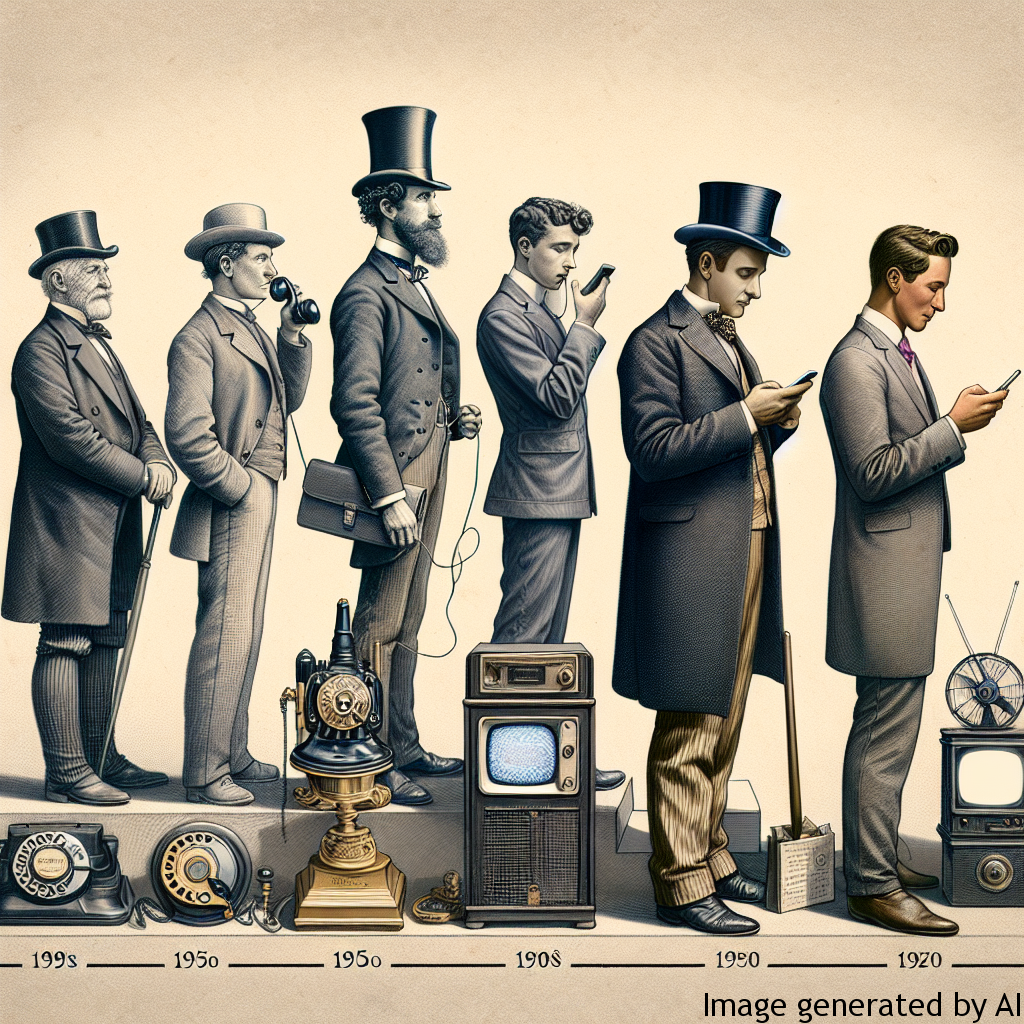Introduction
The concept of male identity has been significantly impacted by endless technological advancements and societal shifts over the past few decades. These changes have engendered a considerable transformation of gender roles and expectations, causing profound implications for male mental health. This piece delves into the complex dynamics of gender expectations, their impact on men’s psychological health, the tangible effects of gender roles on men’s lives, and offers informed advice on improving mental health, considering these roles.
Gender Expectations and Their Influence on Men’s Mental Health
Understanding Gender Expectations
Gender expectations refer to societal norms and standards regarding how individuals should behave based on their gender. They encapsulate an array of aspects such as perceived personality traits, domestic behaviors, occupations, and physical appearance. For men, these expectations traditionally include notions of stoicism, physical strength, independence, risk-taking, and being the breadwinner.
Impact on Mental Health
The strict adherence to these traditional gender expectations can negatively affect men’s mental health. The consistent pressure to conform can lead to chronic stress, anxiety, and depression. Living up to such expectations can cause feelings of inadequacy, failure, and low self-esteem. The expectation of stoicism often discourages men from expressing their emotions or seeking mental health support, further exacerbating their psychological distress.
Examples of How Gender Roles Can Impact Men’s Lives
Gender roles consistently influence men’s lives in multifaceted ways. Men’s occupational choices, for example, may be steered by gender expectations pushing them towards industries which are valued for physical strength like construction, mechanics, or certain sports. This may result in them overlooking their genuine interests in other areas deemed ‘feminine’, such as nursing, teaching, or the arts.
The expectation of being the primary breadwinner often puts a toll on men’s mental health, potentially leading to long working hours and chronic stress. Conversely, stay-at-home dads might face societal stigmatization, leading to low self-esteem and isolation.
Advice on Improving Mental Health Considering Gender Roles
It is imperative to challenge and redefine traditional gender roles and expectations to improve men’s mental health. Men should be encouraged to express their emotions and seek support when needed. Normalizing mental health discussions can alleviate stigma and facilitate support networks.
It’s also beneficial for men to diversify their interests and talents, regardless of whether they align with traditional gender expectations. This allows men to explore potential passions and careers that would otherwise be disregarded, leading to more fulfilling lives.
Conclusion
The impact of social and technological shifts on the male identity continues to evolve, eliciting changes in societal expectations and gender roles. There are both opportunities and challenges amid this transformation. It’s essential to foster a society where individuals are not confined by their gender, paving the way for healthier and more fulfilling lives for not just men, but for everyone.

